
Accutaz HS 500mg/62.5mg Injection
Check Delivery
Accutaz HS 500mg/62.5mg Injection
Accutaz HS 500mg/62.5mg Injection is a combination antibiotic medicine widely prescribed for the treatment of bacterial infections. It contains cefoperazone, a third-generation cephalosporin antibiotic, along with sulbactam, a beta-lactamase inhibitor. Together, they provide powerful protection against a wide spectrum of bacteria, including those resistant to standard antibiotics. This injection is generally recommended in moderate to severe infections affecting the lungs, urinary tract, skin, bones, joints, abdomen, and female reproductive system. It is given in hospitals or clinics by healthcare professionals either intravenously or intramuscularly. The presence of sulbactam enhances the effect of cefoperazone by preventing bacterial resistance, making the treatment more effective. Accutaz HS Injection helps speed up recovery, reduce complications, and protect against further spread of infection. It is an important therapeutic choice in serious bacterial diseases where oral antibiotics are insufficient, ensuring quick and reliable results under medical supervision.
Benefits
-
Treats a wide variety of bacterial infections
-
Combines cefoperazone and sulbactam for stronger action
-
Works effectively against resistant bacteria
-
Useful in lower respiratory tract infections such as pneumonia and bronchitis
-
Helps in urinary tract infection management
-
Effective for intra-abdominal infections
-
Useful in treating skin and soft tissue infections
-
Recommended for bone and joint infections
-
Helps cure gynecological infections
-
Reduces fever and systemic symptoms of infection
-
Prevents worsening or spread of bacterial disease
-
Supports faster recovery and overall healing
-
Provides hospital-grade infection management
-
Minimizes risks of long-term bacterial complications
-
Restores strength by eliminating harmful organisms
Possible Side Effects
-
Mild pain or redness at the injection site
-
Nausea or occasional vomiting
-
Loose stools or diarrhea
-
Abdominal pain or discomfort
-
Headache or dizziness
-
Mild rash or skin irritation
-
Temporary rise in liver enzymes
-
Rare allergic reaction such as swelling or itching
-
Fever or chills in some cases
-
Low blood counts in rare conditions
How to Use
-
Administered only by trained healthcare professionals
-
Given through intravenous infusion or intramuscular route
-
Dosage and frequency depend on infection severity and patient condition
-
Do not self-inject at home
-
Complete the prescribed treatment course fully
-
Report any missed hospital dose to the medical team
-
Continue supportive care such as hydration and rest
How it Works
-
Cefoperazone stops bacterial growth by damaging the bacterial cell wall
-
Sulbactam prevents bacteria from developing resistance by blocking beta-lactamase enzymes
-
The dual action improves overall effectiveness
-
Provides strong protection against a wide range of bacterial infections
-
Ensures reliable results in difficult-to-treat conditions
What to Avoid
-
Avoid stopping the medicine without completing the full course
-
Avoid using without doctor’s supervision
-
Avoid alcohol consumption during treatment
-
Avoid skipping hospital visits for scheduled doses
-
Avoid taking with other antibiotics unless prescribed
-
Avoid using in viral or fungal infections
-
Avoid self-storing injection vials at home
-
Avoid using if vial shows signs of damage or contamination
-
Avoid mixing with other injectable medicines unless advised
-
Avoid sharing with other patients
Safety Advice
-
Always use under medical supervision only
-
Inform doctor about any history of allergies to antibiotics
-
Monitor liver and kidney functions if on long-term therapy
-
Pregnant women should consult doctor before use
-
Breastfeeding mothers need medical guidance before starting
-
Elderly patients may require dose adjustment
-
Children should receive age-appropriate dosage only
-
Stay hydrated during the course unless restricted
-
Inform doctor about all ongoing medications
-
Report unusual bleeding, bruising, or persistent fever
Precautions
-
Do not use if allergic to cephalosporins or penicillin family antibiotics
-
Use cautiously in patients with kidney or liver problems
-
Watch for symptoms of secondary infections during prolonged use
-
Report severe diarrhea which may indicate colitis
-
Inform surgeon or dentist if undergoing any procedure
-
Do not discontinue early even if symptoms improve
-
Use only freshly prepared solutions for injection
-
Monitor blood counts in case of long treatment duration
-
Maintain proper medical records of antibiotic use
-
Seek immediate medical help in case of breathing difficulty or swelling
Vendor Information
- Address:
- No ratings found yet!
-6%
Novegrow 10% Solution 1*60
₹1,392.65Current price is: ₹1,392.65. Original price was: ₹1,478.22.
-8%
-9%






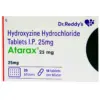



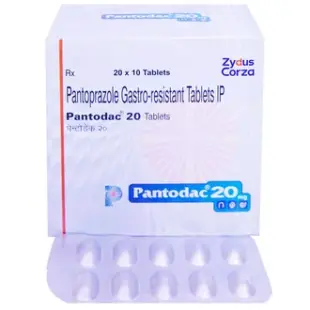

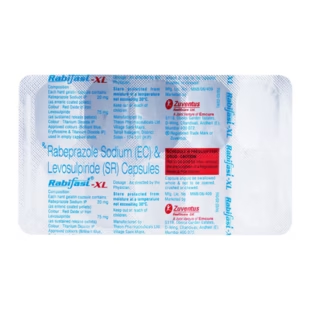
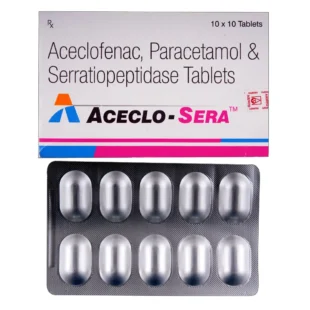
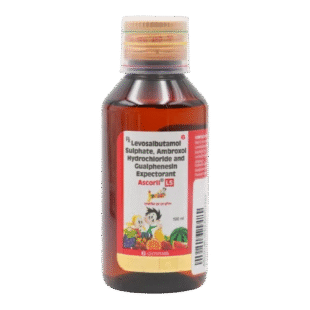
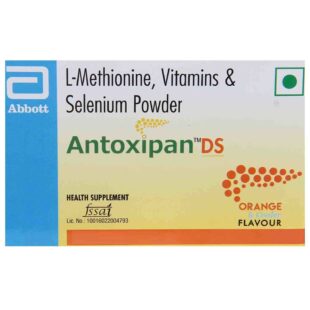
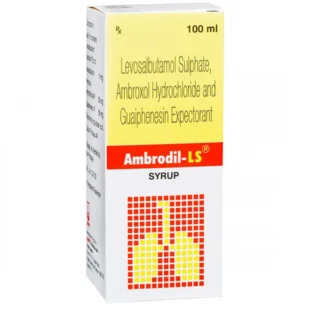
Reviews
There are no reviews yet.